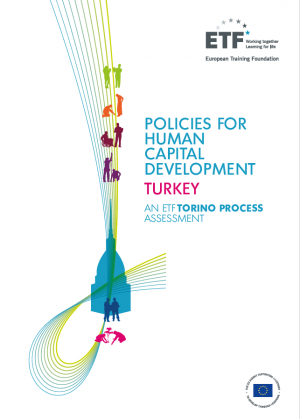The present government of Turkey has set ambitious plans to move from a middle-income to a high-income country and to enter the top-10 global economies. Policymakers are well aware that this can be only achieved if education and employment policies are able to transform and improve the country's human capital.
Seen in this context, the ETF assessment comes into play at an important point, as in 2019 the 'Turkey Education Vision 2023' was launched, which sets out the new priorities in human capital development for the next five years. This coincides with preparations for the next generation of the EU Instrument for Pre-Accession Assistance (IPA) in 2021–2027. The assessment is expected to help with the prioritisation of reforms and the design of actions by providing input for policymakers in the domain of education and training. The assessment findings complement the monitoring of the Economic Reform Programme (ERP) from a sector point of view.
The assessment process included an extensive phase of desk research based on responses to a standardised questionnaire (the NRF), analysis of other relevant studies, and the preparation of an issues paper containing an overview of themes to be discussed in the present report, which were then finalised in consultation with the ETF country and thematic teams responsible for Turkey.
As with other ETF assessments, this paper is not meant to be exhaustive. The national report for Turkey covers a broad selection of problems around human capital development and use, while the focus here is on the challenges that the ETF recommends addressing as a matter of priority.
